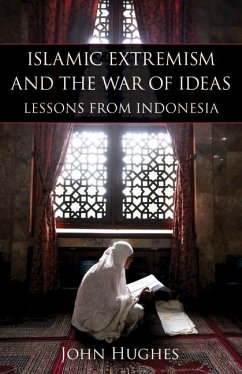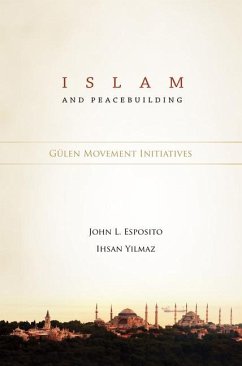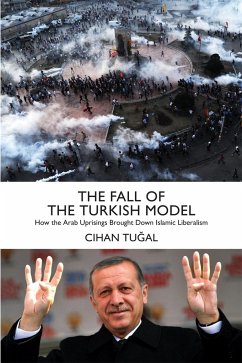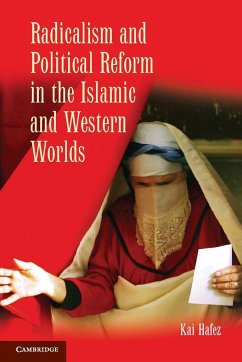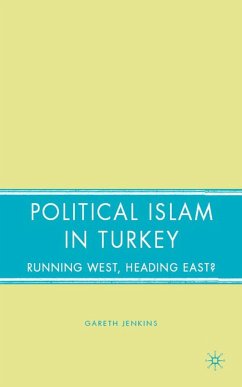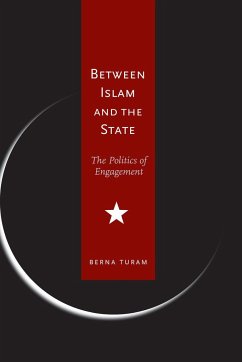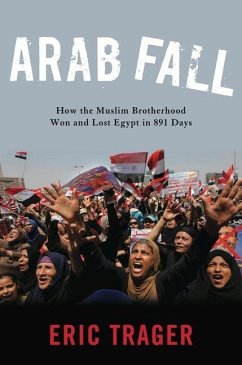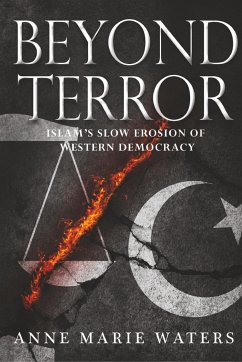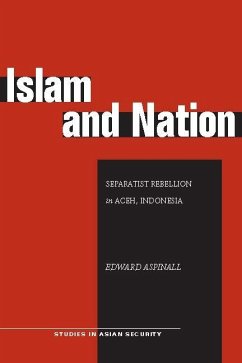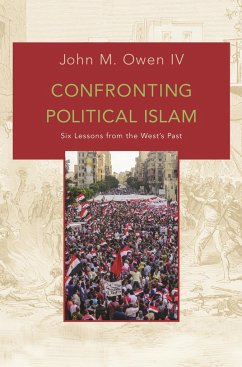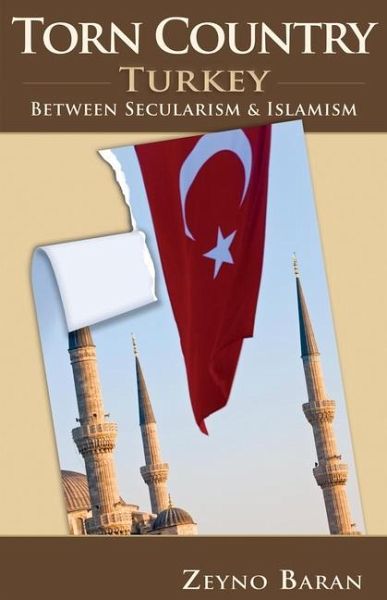
Torn Country
Turkey Between Secularism and Islamism

PAYBACK Punkte
8 °P sammeln!
For centuries, Islam and the West have been competing to define Turkish identity. With the formation of the Turkish republic in 1923, legal and governmental mechanisms were established to allow Turks to embrace Islam in their private lives while keeping religion out of public affairs. But during the past four decades, those who have sought to soften the boundary between Islam and public life have become more organized and influential in Turkish politics. In this book, Zeyno Baran examines the intense struggle between Turkey's secularists and Islamists in their most recent battles over their co...
For centuries, Islam and the West have been competing to define Turkish identity. With the formation of the Turkish republic in 1923, legal and governmental mechanisms were established to allow Turks to embrace Islam in their private lives while keeping religion out of public affairs. But during the past four decades, those who have sought to soften the boundary between Islam and public life have become more organized and influential in Turkish politics. In this book, Zeyno Baran examines the intense struggle between Turkey's secularists and Islamists in their most recent battles over their country's destination. For decades, U.S. foreign policy has assumed that Turkey can exist simultaneously as a key member of the West and as a strategic bridge between East and West. The next few years, Baran reveals, will be decisive in determining whether Turkey can maintain this dual identity, as Turkish voters ponder whether to preserve, refresh, or replace the secular democratic system that has defined their national identity since 1923. Looking into the fate of both Turkey's secularism and its democratic experiment, the author shows that, for all the flaws of its political journey, the modern Turkish state has managed to maintain an essential separation between religion and the political realm--a separation that is now in jeopardy.




